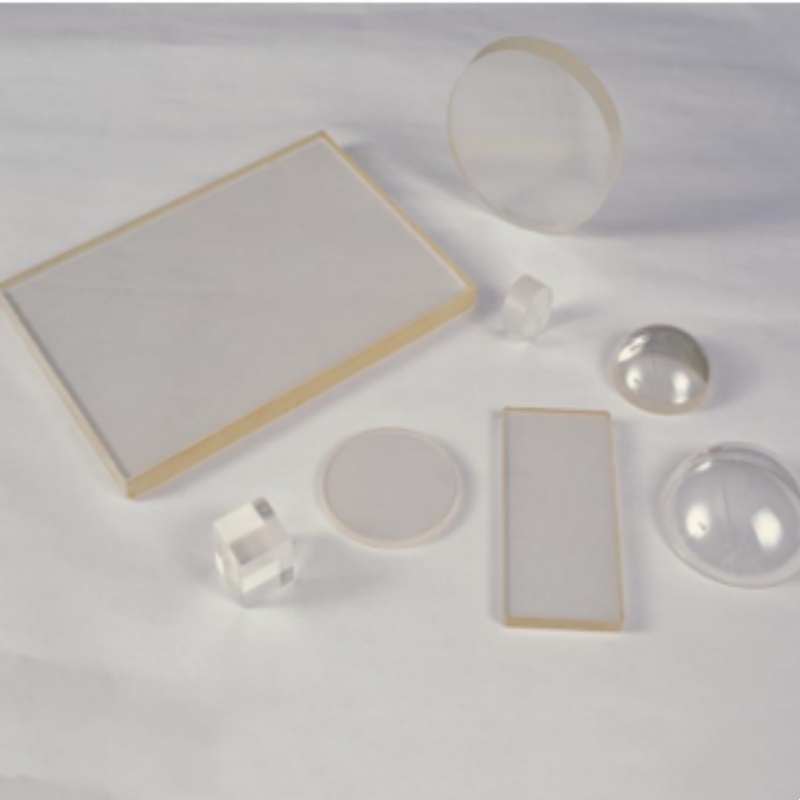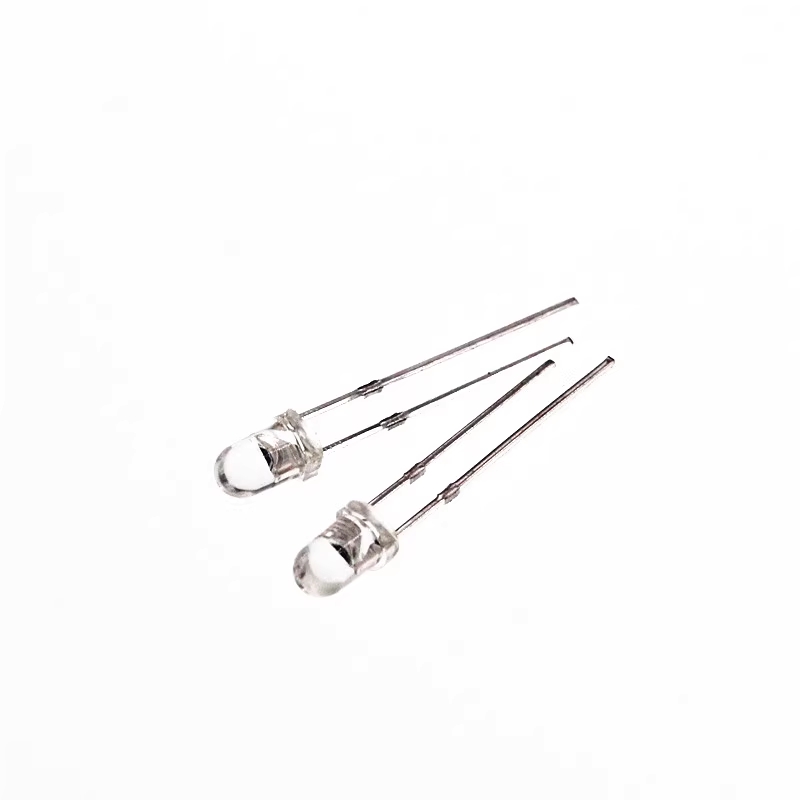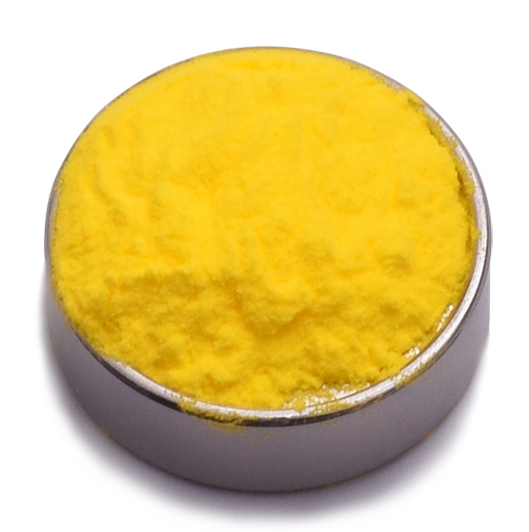Carbon-carbon bipolar plates are advanced electrochemical components designed for fuel cells and energy storage systems requiring superior electrical conductivity, chemical stability, and mechanical strength. Manufactured using high-purity carbon-carbon composite materials, these plates provide optimized corrosion resistance, lightweight durability, and extended operational lifespan. They are widely used in hydrogen fuel cells, advanced battery technology, and high-efficiency energy conversion systems, ensuring reliable performance under demanding conditions.
Product Overview
Carbon-Carbon bipolar plates are a critical component in fuel cells, offering high strength, low electrical resistivity, and excellent corrosion resistance. Made from high-purity carbon material and precision-engineered, these plates outperform traditional graphite bipolar plates in strength and service life. Carbon-Carbon bipolar plates provide long-term stability in fuel cell operation, enhancing the performance and reliability of the fuel cell, even in harsh working environments.
Key Features
- High Strength: These plates offer high mechanical strength, capable of withstanding prolonged electrochemical reactions and working loads, improving the stability of fuel cells.
- Low Electrical Resistivity: With low resistivity, the material reduces internal energy loss in the fuel cell, improving overall efficiency.
- Excellent Corrosion Resistance: The plates resist corrosion in the complex chemical environment inside fuel cells, extending their service life.
- Long Service Life: Compared to traditional materials, Carbon-Carbon bipolar plates have a longer lifespan, reducing the frequency of replacement.
- Lightweight and Efficient: With a high specific strength and lightweight design, these plates are ideal for fuel cell systems that require weight reduction and enhanced efficiency.
Applications
- Fuel Cells: Used as essential components in hydrogen fuel cells and other types of fuel cell systems, improving electrical performance and durability.
- Energy Storage Systems: Used in energy storage devices to enhance the efficiency and longevity of energy conversion and storage.
- Transportation: Widely used in fuel cell systems for electric vehicles, spacecraft, ships, and other transport that require long-lasting, efficient power.
- Industrial Applications: Suitable for various industrial energy equipment that demand high energy conversion efficiency and durability.
- Renewable Energy: Plays a key role in energy storage and conversion systems for renewable energy sources like wind and solar, improving system performance and stability.
| Indicator Name | Unit | C/C Bipolar Plate | Graphite Bipolar Plate |
| Density | g/cm³ | 1.6-1.7 | 1.8-1.9 |
| Bending Strength | MPa | ≥40 | ≥25 |
| Thermal Conductivity | W/(m·K) | ≥12 | ≥10 |
| Corrosion Current Density | μA/cm² | ≤16 | ≤16 |
| Electric Conductivity | S/cm² | ≥110 | ≥100 |
| Permeability | cm³/(s·cm²) | <2×10⁶ | <2×10⁶ |
Submit Your RequirementsWe will contact you within 24 hours.
 WOBO Scientific Research New Materials One-Stop Service Platform
WOBO Scientific Research New Materials One-Stop Service Platform











